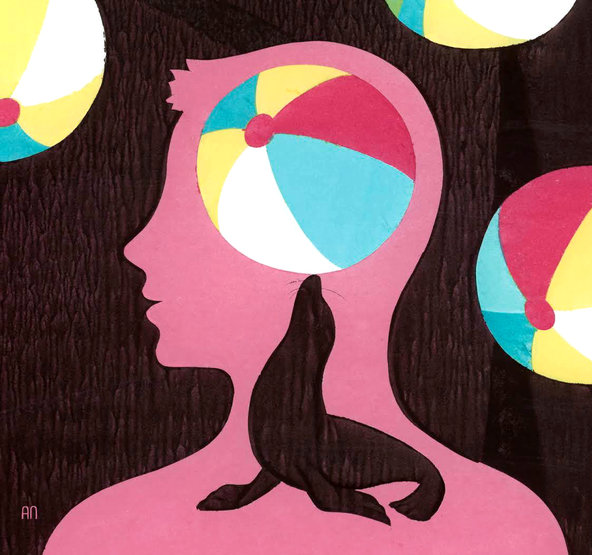Exercising the Mind to Treat Attention Deficits
by Jason von Stietz - June 10, 2014
Medication is typically the first line of treatment in the treatment of ADHD. However, research shows that the benefits of ADHD medication wanes after 3 years. Could mindfulness meditation be used to improve cognitive control? How about specially designed video games? A recent article in The New York Times discussed mindfulness meditation and specially designed video games used in the treatment of ADHD:
Poor planning, wandering attention and trouble inhibiting impulses all signify lapses in cognitive control. Now a growing stream of research suggests that strengthening this mental muscle, usually with exercises in so-called mindfulness, may help children and adults cope with attention deficit hyperactivity disorder and its adult equivalent, attention deficit disorder.
The studies come amid growing disenchantment with the first-line treatment for these conditions: drugs.
In 2007, researchers at the University of California, Los Angeles, published a study finding that the incidence of A.D.H.D. among teenagers in Finland, along with difficulties in cognitive functioning and related emotional disorders like depression, were virtually identical to rates among teenagers in the United States. The real difference? Most adolescents with A.D.H.D. in the United States were taking medication; most in Finland were not.
“It raises questions about using medication as a first line of treatment,” said Susan Smalley, a behavior geneticist at U.C.L.A. and the lead author.
In a large study published last year in The Journal of the American Academy of Child & Adolescent Psychiatry, researchers reported that while most young people with A.D.H.D. benefit from medications in the first year, these effects generally wane by the third year, if not sooner.
“There are no long-term, lasting benefits from taking A.D.H.D. medications,” said James M. Swanson, a psychologist at the University of California, Irvine, and an author of the study. “But mindfulness seems to be training the same areas of the brain that have reduced activity in A.D.H.D.”
“That’s why mindfulness might be so important,” he added. “It seems to get at the causes.”
Depending on which scientist is speaking, cognitive control may be defined as the delay of gratification, impulse management, emotional self-regulation or self-control, the suppression of irrelevant thoughts, and paying attention or learning readiness.
This singular mental ability, researchers have found, predicts success both in school and in work life.
Cognitive control increases from about 4 to 12 years old, then plateaus, said Betty J. Casey, director of the Sackler Institute for Developmental Psychobiology at Weill Cornell Medical College. Teenagers find it difficult to suppress their impulses, as any parent knows.
But impulsivity peaks around age 16, Dr. Casey noted, and in their 20s most people achieve adult levels of cognitive control. Among healthy adults, it begins to wane noticeably in the 70s or 80s, often manifesting as an inability to remember names or words, because of distractions that the mind once would have suppressed.
Bolstering this mental ability, specialists are now suggesting, might be particularly helpful in treating A.D.H.D. and A.D.D.
To do so, researchers are testing mindfulness: teaching people to monitor their thoughts and feelings without judgments or other reactivity. Rather than simply being carried away from a chosen focus, they notice that their attention has wandered, and renew their concentration.
Read the Full Article Here


 Subscribe to our Feed via RSS
Subscribe to our Feed via RSS